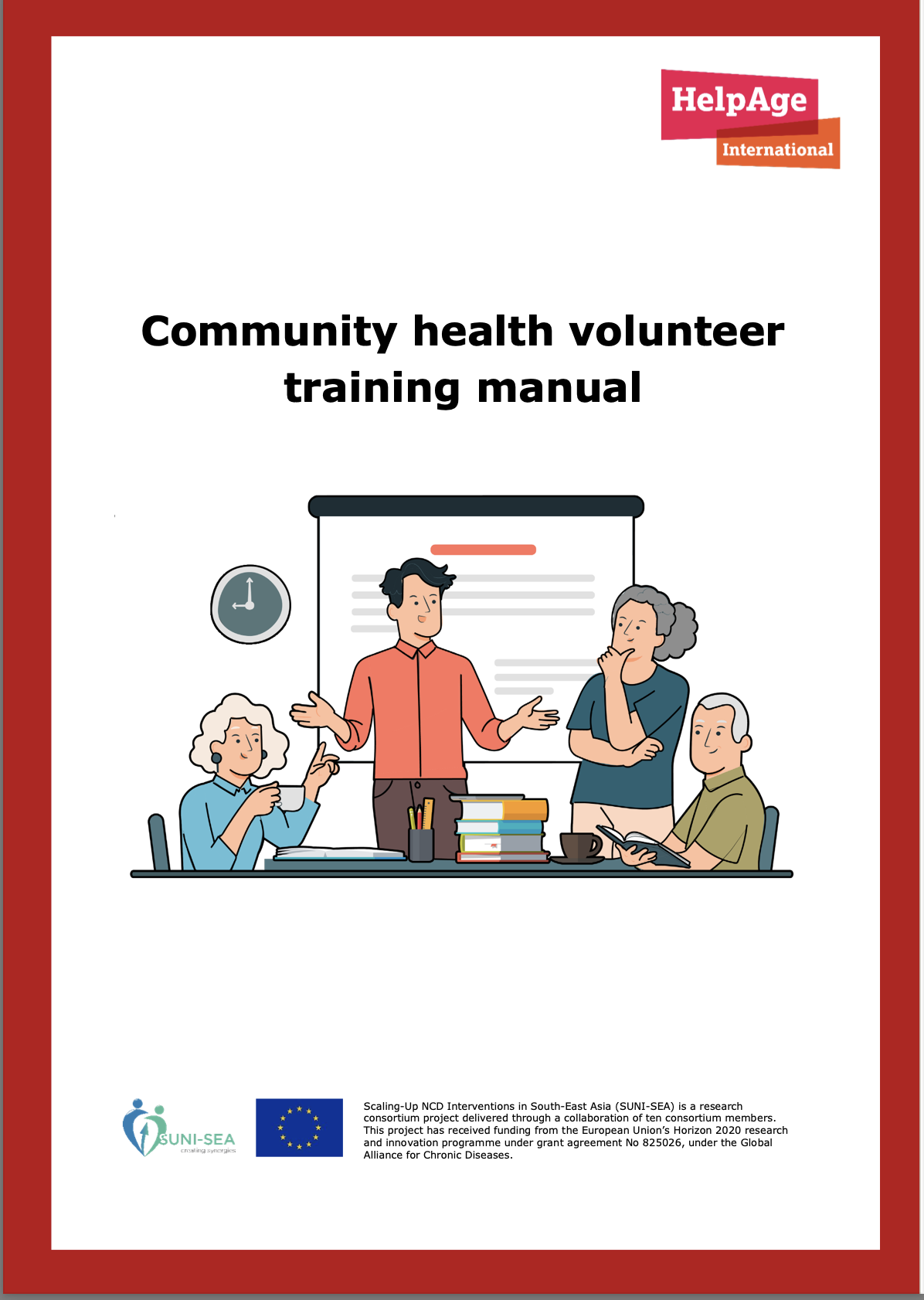Overview
Colorectal cancer is a type of cancer that affects the colon (large intestine) or rectum. It is one of the most common types of cancer worldwide. It can cause severe harm and death.
The risk of colorectal cancer increases with age. Most cases affect people over 50 years old.
Common symptoms include diarrhoea, constipation, blood in the stool, abdominal pain, unexplained weight loss, fatigue, and low iron levels.
Many people will not have symptoms in the early stages of the disease.
The risk of colorectal cancer can be reduced by eating a healthy diet, staying physically active, not smoking tobacco and limiting alcohol. Regular screenings are crucial for early detection.
Colon cancer is the second leading cause of cancer-related deaths worldwide. In 2020, more than 1.9 million new cases of colorectal cancer and more than 930 000 deaths due to colorectal cancer were estimated to have occurred worldwide. Large geographical variations in incidence and mortality rates were observed. The incidence rates were highest in Europe and Australia and New Zealand, and the mortality rates were highest in Eastern Europe. By 2040 the burden of colorectal cancer will increase to 3.2 million new cases per year (an increase of 63%) and 1.6 million deaths per year (an increase of 73%).
Incidence rates of colorectal cancer have been decreasing in high-income countries, largely as a result of effective screening programmes. The prognosis for colorectal cancer varies depending on the stage at diagnosis. Early-stage cancers have higher survival rates than advanced-stage cancers. Timely diagnosis, appropriate treatment, and regular follow-up care are important for improving survival rates and quality of life.
Information presented on this page has been replicated from the linked WHO fact sheet. Please always refer to the original source on who.int for the latest version. Last update: March 2024




